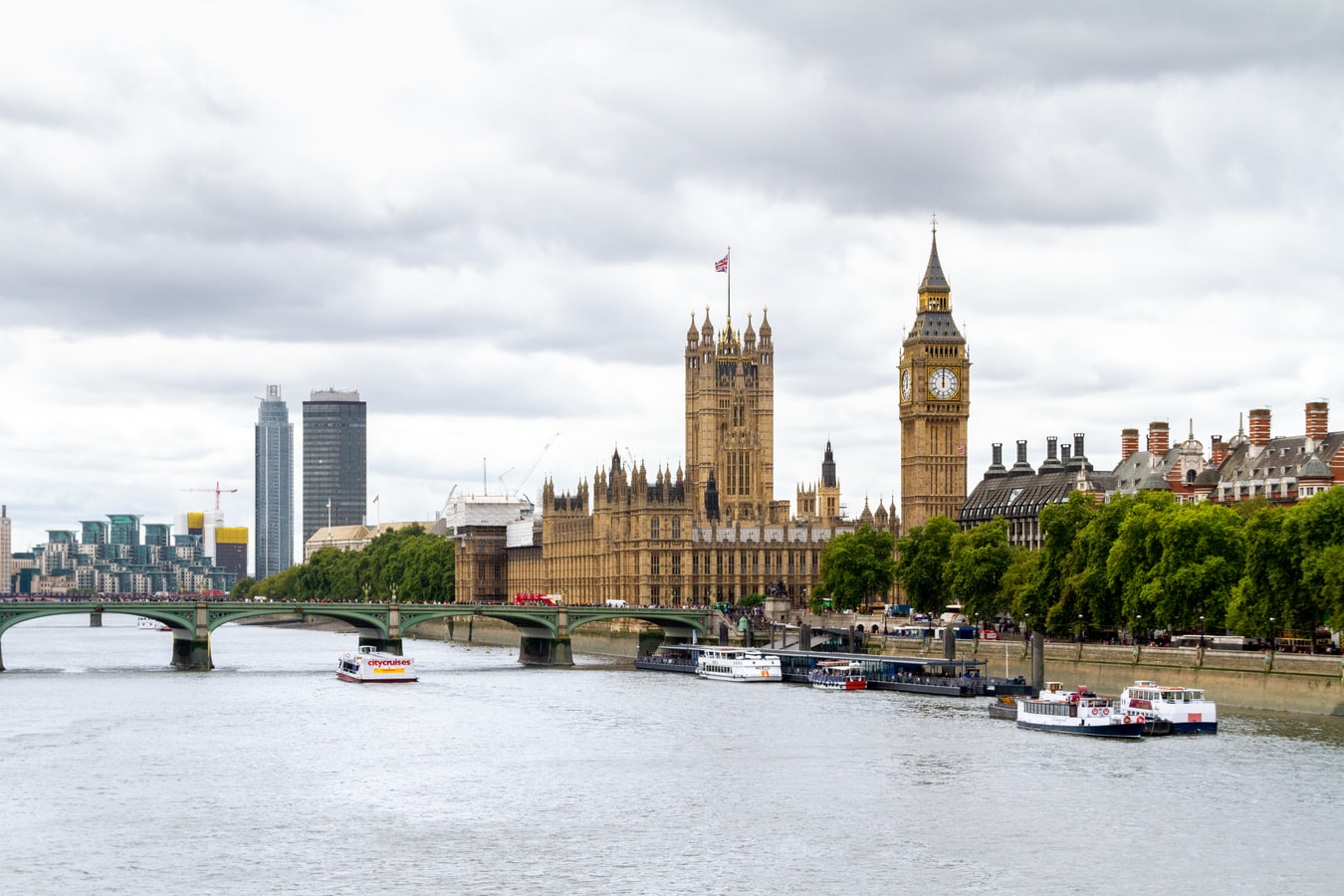
The UK economy took a hammer blow in 2020 with the pandemic causing economic output to drop by more than 20% during the lockdown, costing the British taxpayer billions.
Following the fallout of the pandemic on businesses across the UK, chancellor Rishi Sunak signalled that raising taxes in the autumn budget would be necessary to plug the deficit.
While the UK is not alone in facing record borrowing due to the pandemic, it was one of the worst affected countries in the G7, and faces a difficult balancing act as it prepares to exit the European Union’s custom union.
Tax rises could include an increase in the basic corporation tax rate, along with increases to National Insurance contributions and VAT rises. To shore up public finances, the government may need to make dramatic cuts to spending and increase the basic rate of income tax from 20% to 23% or more.
For businesses, the news is grim as the UK prepares to exit the European Union, piling pressure on the chancellor to take a balanced approach and not to choke off a recovery.
With the UK’s rebound fully underway, economists have predicted a sizeable V-shaped recovery, but this may not be enough in the short-term – with estimates that the economy could take 2 years or more to recover to its pre-lockdown levels.




